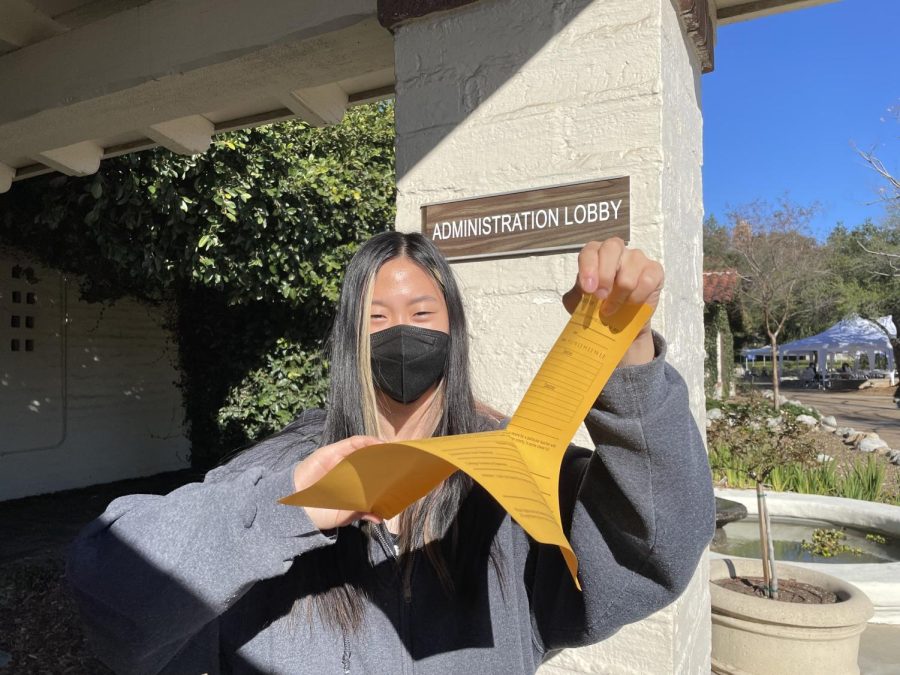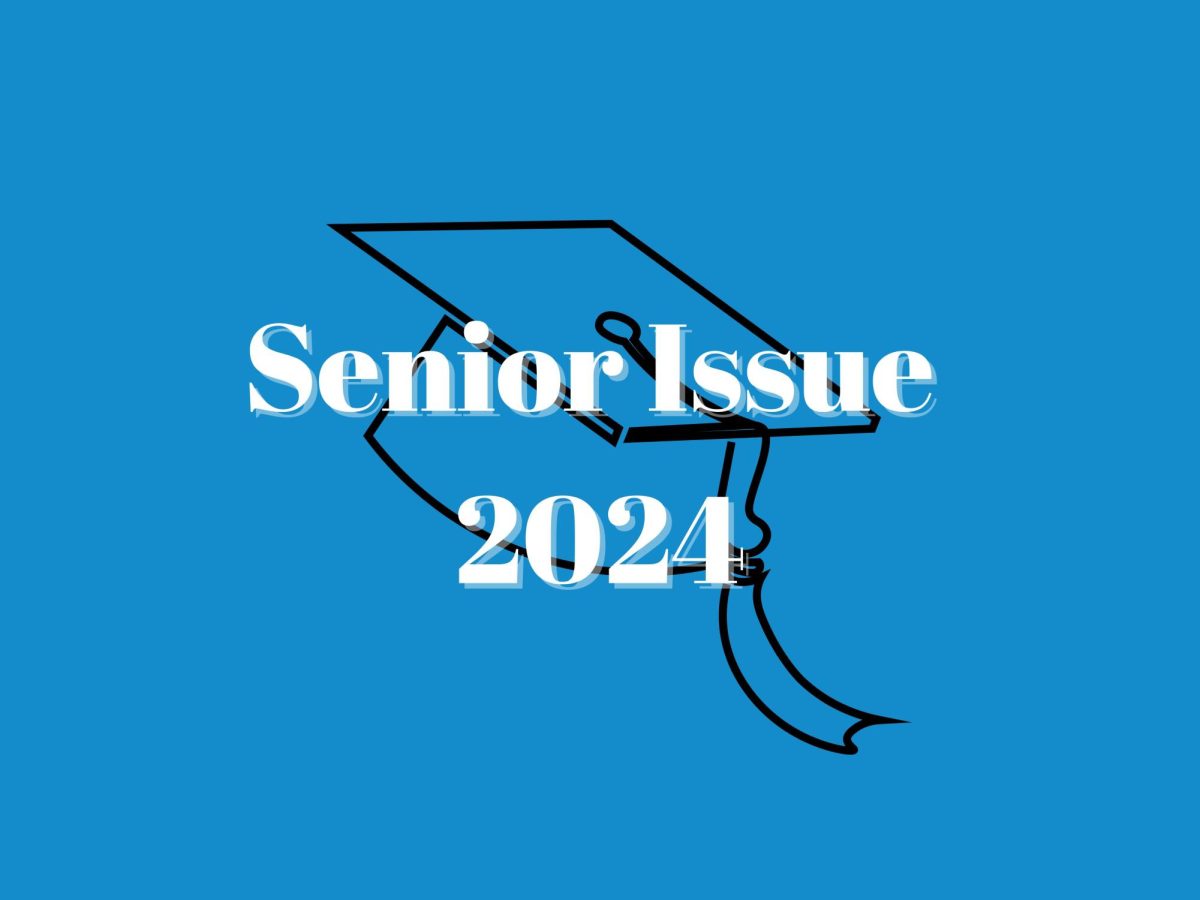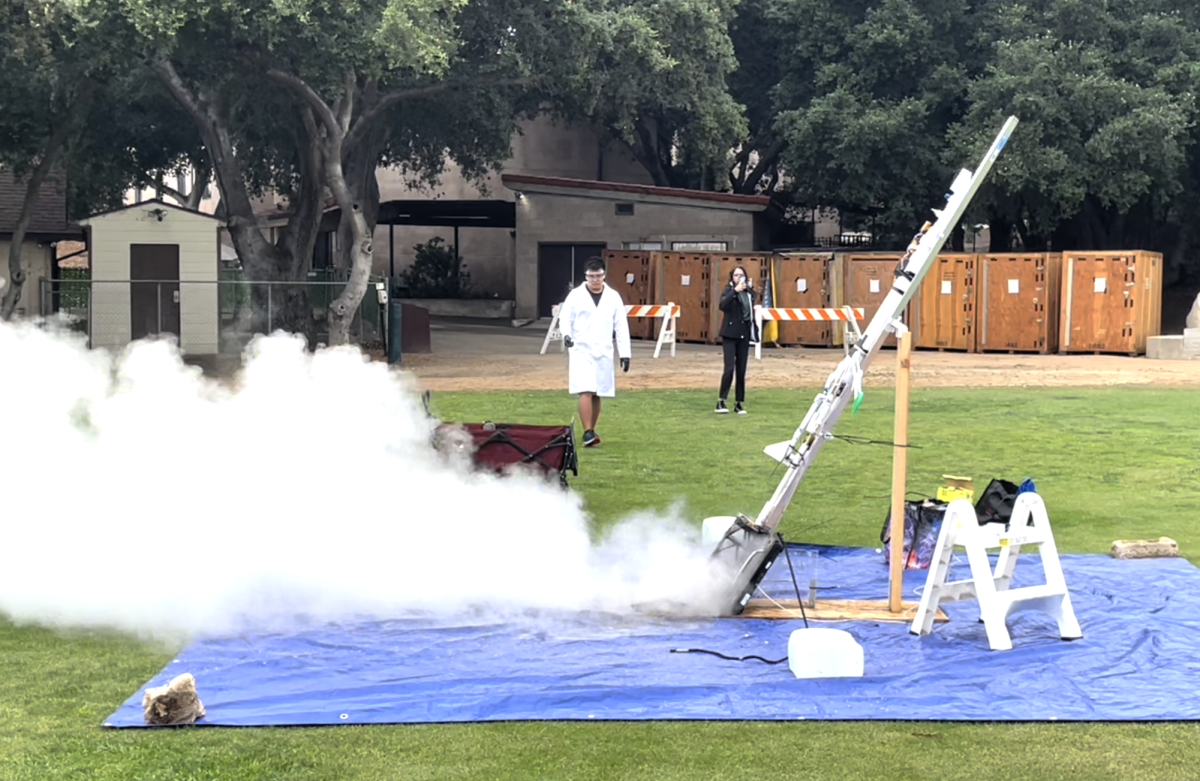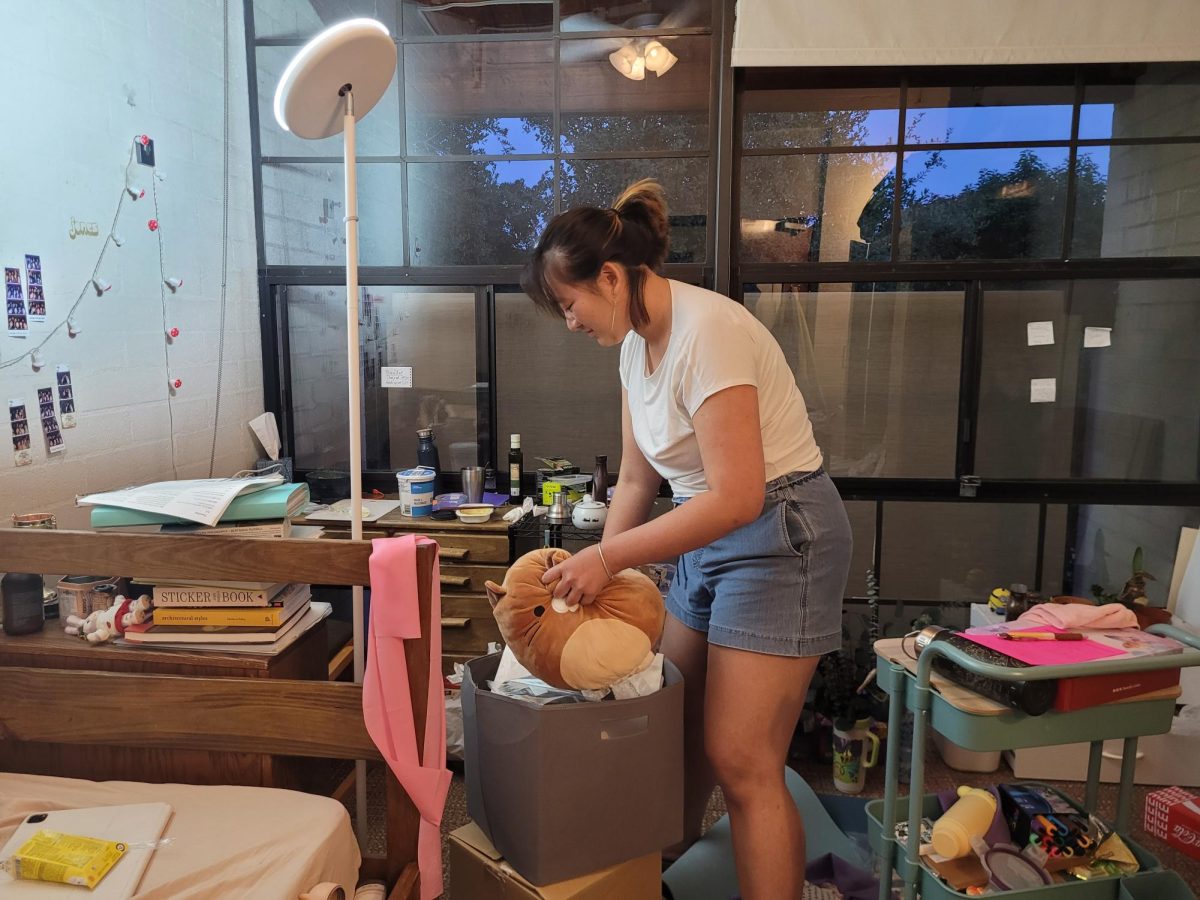As students search for their upcoming courses, they open SIS to see whether they would be fully recommended for all their preferred courses. Students face a variety of emotions as they begin to narrow their courses to fit the standards that were deemed appropriate by their teachers. Between a spectrum of validation and discouragement, students begin to wonder what led to the words they see on the screen.
Even when taking “less challenging” courses, it begins to seem as if teachers expect certain students to fail. But it is normal to not understand how to find the second derivative. It is never the expectation to write a stellar essay on the Cold War. When a teacher exposes incapability, what is there to do but accept the truth that they were right? The frustrations that students experience once they are told that they are not “good enough” accompany them throughout the rest of their educational journey.
According to the theory of self-fulfilling prophecy, people internalize outside expectations, especially in the classroom. At school, educators give students labels that largely impact the ways they perceive their own abilities and as a result, their interactions with others.
For example, students who are constantly encouraged and rewarded — either through recognition in grades, in-person feedback, or the course selection process — establish confidence and become more motivated to learn, while those who are discouraged begin to question their ability to succeed academically. The phenomenon is quite self-explanatory: we feel comfortable doing things that make us feel good about ourselves and when certain academic subjects are associated with negative emotions, we seek aversion.
Admittedly, the current system is necessary to maintain the competitive nature of the Webb curriculum, but both the way that it works, and its consequences are flawed and inequitable. Entering their junior year, students are placed into different categories that determine the humanities and science classes they can take. According to the course selection guide, academic departments classify students based on “current performance in each discipline —course and exam grades, mastery of course content, and commitment to learning.”
Thus, by dictating the classes students are “eligible” to take, the system — instead of addressing a student’s areas that need improvement and making them better readers, writers, and thinkers — restrains them from achieving their full potential at Webb.
The current course selection system prevents many students from learning for learning’s sake.
Imagine looking through the Course Selection Guide and finding your true academic passions within the psychoanalysis of Advanced Studies Gothic & Horror Literature or Joan Didion’s literary grit in Advanced Studies LA Literature & Culture, but a few days later, when you check SIS for your humanities recommendation, you see “Eligible to take Honors classes.”
On the other hand, for students who receive partial or full recommendations, it has become common practice to prioritize the GPA boost of advanced courses over the actual content. Instead of selecting an intriguing honors course that truly sparks a student’s curiosity, some are more likely to select an advanced course, even if it speaks little to their interests.
The teachers at Webb have worked hard to develop courses that encompass a variety of distinct topics in the hope that each student could find something they are truly interested in, yet the recommendation system ultimately pressures the students into doing the exact opposite. Webb students cannot select the courses they truly want to take, either because of their limiting recommendation or the burden of GPA boosts.
Another common justification for the recommendation system is that Webb wants to ensure its students are not failing or performing poorly due to an overly strenuous course load. Essentially, Webb protects students from their perceived “inability” to handle difficult courses and their potential lack of judgement. In short, Webb is protecting students from themselves.
However, it is common for a Webb teacher to claim that students must struggle, and potentially fail from time to time, to learn and grow in great ways. It is hypocritical to preach that students must fail in order to learn and then deny them the freedom to fail in pursuit of their academic interests.
Additionally, Webb takes pride in its philosophy that advocates for student independence. Shouldn’t this mean that we have the independence to decide what course levels we can handle? If students are honest with themselves, they likely know their own limits better than their teachers.
It is not difficult to perform academically to an average level (75%) at Webb. It is, ironically, difficult to outright fail given the resources that the Webb education system provides, including office hours, labs, etc. Therefore, if a student chooses courses that are too difficult for them, would they even fail? Or would they have provided themselves with “abundant opportunities for exploration, discovery and unbounded thinking,” as written in Webb’s Mission Statement?
As Webb’s mission statement declares, to acquire “the kind of creative and critical thinking that is needed in our complex global society” it is essential for students to take initiative of their own education journey, yet the course selection process strips many of that opportunity. Students should be given opportunities to make their own choices and be held accountable of the consequences of said choices so that they may gain a greater understanding of themselves through the learning process.
Although grades can reflect a student’s abilities and interest in the course content to a certain extent, they fail to capture the full picture of their academic history, not to mention that “commitment to learning” and “mastery of course content” are highly subjective concepts. The judgments of a student’s so-called merits in no way account for the complex factors of their education, which includes education background, available resources, learning environment, etc.
Right now, Webb students are stuck in a vicious cycle that perpetuates the problem: while it might not be obvious to the already high-achieving students, those that are reminded of their proclaimed incompetence by authoritative figures are stripped away of the very right to determine their education journeys. They are prevented from pursuing their true academic passions and are told to take fewer challenging classes because of their “limited merits.” They are not the ones failing the system.
The course selection process is failing them.
Staff vote: Of the 34 staff members, 30 voted for publishing the editorial, and 4 voted against publishing the editorial.







![Student loan borrowers rally near the White House for Joe Biden to cancel all student loans. Biden, pictured left, is troubled with diminishing popularity with youth as he fails to forgive all students loans as he had promised. “[Biden] kind of fumbled things even though he tried with student loan forgiveness,” said Cory Warren, humanities department faculty. “That was [the] number one campaign promise to get the youth vote.” Whether it is student loans, age, or foreign policy, what, ultimately, drives away the youth vote for Biden?](https://webbcanyonchronicle.com/wp-content/uploads/2024/03/Duan-biden-popularity-1200x675.jpeg)







